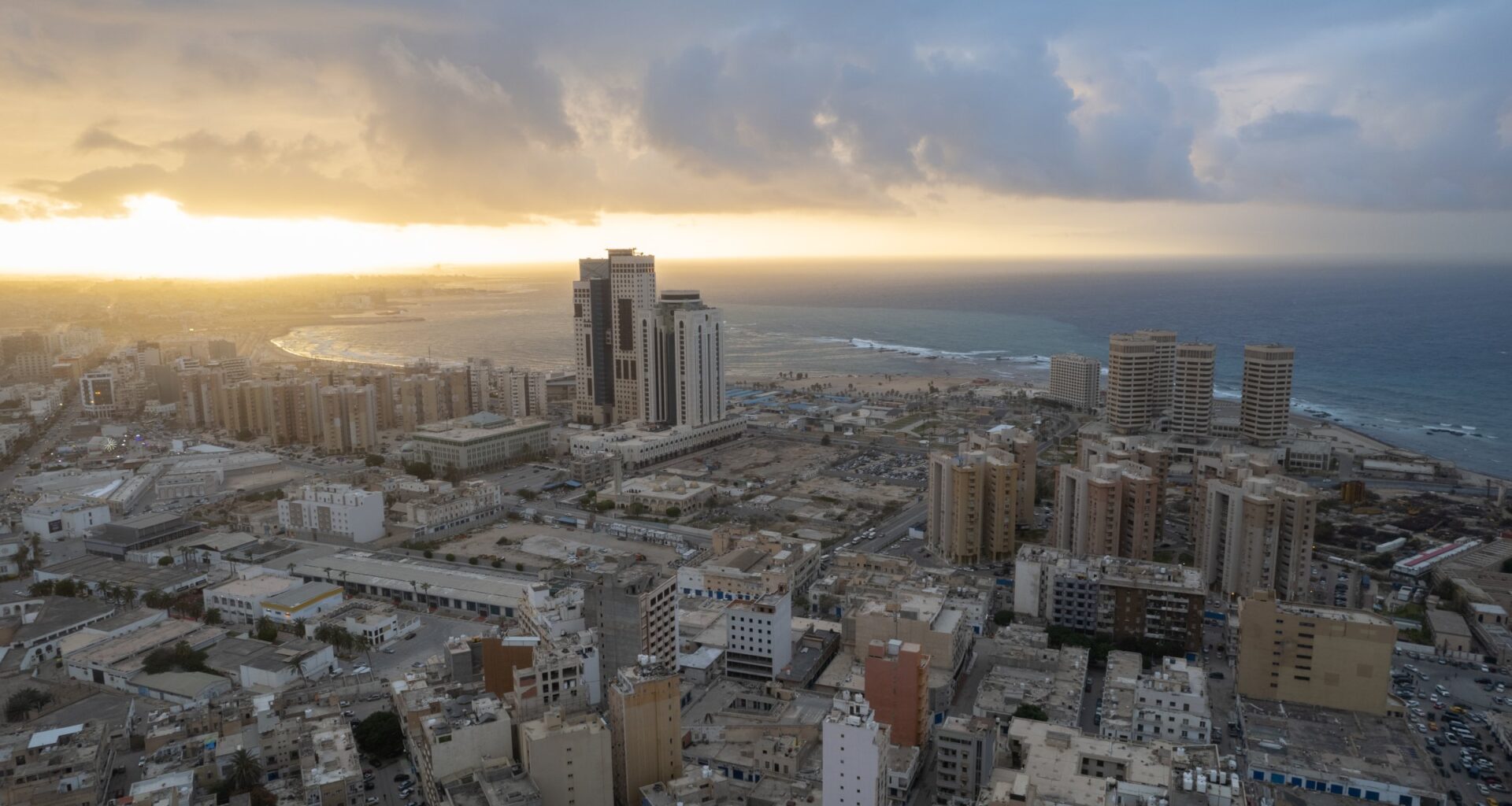Greece’s opposition to a memorandum of understanding between Türkiye and Libya years ago was back on the agenda at a recent summit of EU leaders.
The declaration at the end of the summit angered Ankara. Defense Ministry sources on Thursday reiterated authorities’ earlier remarks against the declaration and said that the deal was legitimate and safeguarded the rights of Türkiye and Libya.
A European Council declaration published on June 26 after the summit has claimed that the memorandum on delimitation of maritime jurisdictions in the Mediterranean Sea “infringes upon the sovereign rights of third states, does not comply with the Law of the Sea and cannot produce any legal consequences for third states,” in a veiled reference to Greece and its main ally Greek Cypriot administration.
Sources said the 2019 memorandum, on the contrary, was drafted in line with international maritime laws and on an equitable framework preserving the rights of Türkiye and Libya. “The memorandum was relayed to the United Nations by Türkiye and Libya. Defining it as against the law (by the EU Council) as a result of manipulation by Greece and the Greek Cypriot administration is unacceptable. Our maritime cooperation with Libya in the framework of the memorandum will be enhanced,” sources said.
The statements came as the Greek Foreign Ministry announced that Foreign Minister George Gerapetritis would visit Benghazi to meet with Khalifa Haftar, commander of the eastern Libyan forces. Gerapetritis will also visit Tripoli on July 15 to meet with officials of the Government of National Accord (GNA), the Greek Foreign Ministry added. Haftar’s son, Saddam Haftar, a senior commander in eastern Libya forces, recently visited Türkiye, preceding another visit by a military delegation of the eastern forces this week as top Libyan officers met their Turkish counterparts.
In recent weeks, Greek Prime Minister Kyriakos Mitsotakis and other senior Greek decision-makers reacted to reports that the parliament in eastern Libya will approve the maritime delimitation agreement between Libya and Türkiye in 2019, calling it “illegal and invalid.”
Earlier in June, the Libyan Foreign Ministry slammed Greece’s tender for hydrocarbon exploration off Crete, pointing out that some of the blocks in the tender overlap with Libya’s Exclusive Economic Zone (EEZ).
Also in June, it was announced that Türkiye’s state-owned Turkish Petroleum Corporation (TPAO) and Libya’s National Oil Corporation (NOC) will carry out a geological and geophysical study of Libya’s four offshore areas.
The 2019 maritime boundary agreement that includes provisions for Turkish hydrocarbon exploration within Libya’s territorial waters is still not fully implemented. In 2022, the two countries signed a hydrocarbon memorandum of understanding, paving the way for Turkish companies to conduct seismic surveys and drilling operations. The agreement took a new turn on June 25 when the Turkish Petroleum Corporation (TPAO) signed a memorandum of understanding with Libya’s National Oil Corporation (NOC) for a 2D seismic survey in the Libyan waters. Under the memorandum, the TPAO will conduct surveys in four offshore blocks off the Libyan coast, over an area covering 10,000 kilometers (6,214 miles). The data collected during the surveys will be processed within nine months.
The ongoing tensions between Greece and Libya took center stage during Monday’s National Security Council meeting, chaired by Greek Prime Minister Kyriakos Mitsotakis, as Athens grapples with a recent surge in irregular migrants from Libya and renewed maritime disputes.
In recent weeks, Greek authorities have repeatedly voiced concerns over the rising number of irregular migrants arriving from Libya. The issue has received significant media and political attention in Greece.
At the same time, a maritime boundary dispute between the two countries has escalated, especially following Greece’s June 12 announcement of a tender for hydrocarbon exploration south of the island of Crete. Libya’s Tripoli-based Government of National Unity (GNU) strongly objected to the move.
In a written statement released June 19, Libya’s Foreign Ministry said: “The Ministry affirms that these steps represent a blatant violation of Libya’s sovereign rights. It expresses its full reservations and explicit objection to any exploration or drilling activities in these areas without a preliminary legal framework in accordance with international law.” The Libyan government summoned the Greek ambassador to Tripoli, Nikolaos Garilidis, on June 23 to formally protest what it called Greece’s “unilateral actions” and violation of international maritime law and Libyan sovereignty.
In a statement over the weekend, Osama Hammad, prime minister of the eastern-based Libyan government appointed by the House of Representatives, responded to Greek objections by asserting that the Türkiye-Libya agreement was “consistent with international legitimacy.” Libya’s NOC also defended its actions, affirming that all its agreements and partnerships are based on international law.

